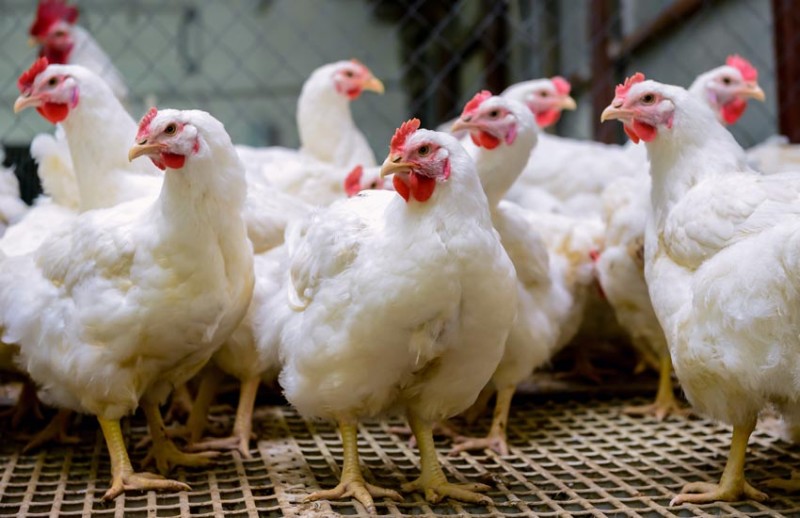
United Nation: Although the current avian influenza outbreaks, including those in India, do not appear to represent a "high" risk, a UN-backed scientific task force recommended that surveillance and biosecurity measures are required to decrease the potential of crossover between poultry and wild birds.
Multiple avian influenza outbreaks, primarily caused by the H5N1 HPAI virus, as well as other subtypes, including H5N8, have occurred in India, the UK, the Netherlands, and Israel over the past autumn and winter in the northern hemisphere, with the ever-recorded mortality of Svalbard barnacle geese in the Solway Coast.
The Scientific Task Force on Avian Influenza and Wild Birds, convened by the Convention on the Conservation of Migratory Species of Wild Animals (CMS) and the Food and Agriculture Organization of the United Nations (FAO), recommended on Monday that surveillance and biosecurity measures be strengthened to reduce the risk of spillover between poultry and wild birds.The Task Force met and issued recommendations and information to governments and managers in nations that have been harmed or are at danger.
HPAI viruses cause avian influenza in wild birds, including internationally threatened species. Areas of international significance for conservation, such as protected wetlands, are also affected.
It's critical that agencies in charge of animal health use the One Health concept to communicate and respond to avian influenza. This entails taking into account the health of humans, domestic and wild animals, plants, and the ecosystem as a whole, and responding in a coordinated and cohesive manner.
Two Indonesian cities create travel bubbles with Singapore
Mobility of the South Korean population has declined by the most in nine years
NATO strengthens its presence in Eastern Europe amid Ukraine tensions